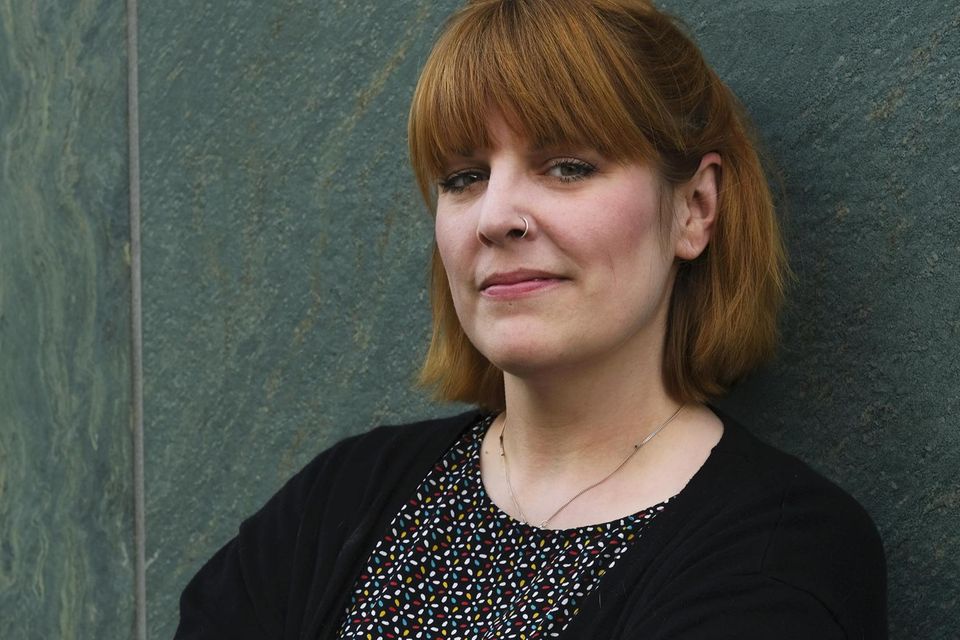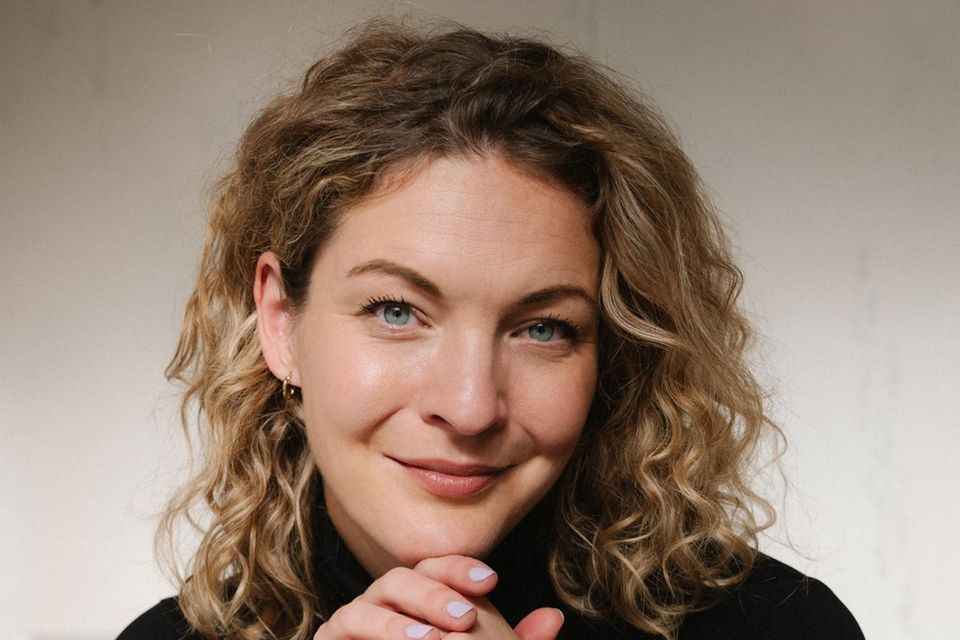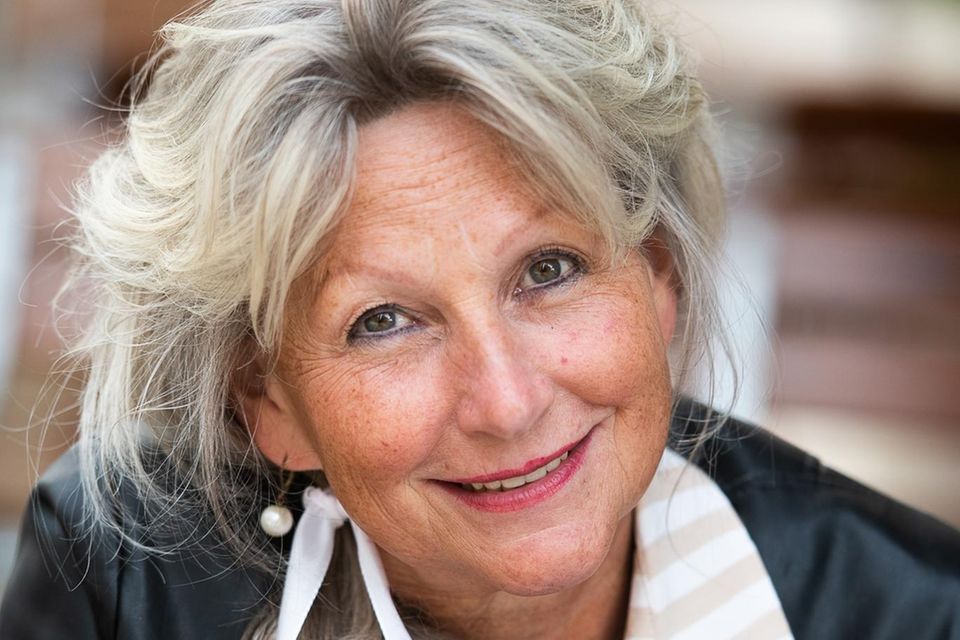After the federal election: How do we proceed to strengthen democracy and women's rights?

Our next Chancellor will most likely be Friedrich Merz, and the AfD has doubled its result since the last federal election. Not the best news for women and democracy. But, as always, giving up is not an option. So what should we do?
The result of the federal election was more or less predictable, but women in particular are feeling a bit depressed today. Friedrich Merz, CDU chancellor-in-waiting, is not exactly known for his commitment to women's rights. On the contrary: he is committed to keeping abortion a criminal offense, voted against the Equal Treatment Act in 2006, and wanted to prevent marital rape from being punishable by law in 1997.
What is even more serious is that the AfD, which is in parts right-wing extremist and threatens our democracy, was able to double its result in the federal election. The party rejects measures that are intended to promote gender equality - from gender-appropriate language to women's quotas. The AfD describes the gender pay gap as a "fairy tale".
What now? As always, burying your head in the sand is not an option. Democracy and equality depend on long-term commitment beyond the voting booth. We asked three experts how we can continue to motivate and engage ourselves.
Pia Lamberty: "Networking and joining forces with others is an important pillar of resilience""Women often underestimate how important their voices are when it comes to fighting right-wing extremism. The "Grandmas against the Right" are leading the way in Germany, but other countries such as Poland and the USA are also showing how female resistance can be. In many smaller towns, for example in East Germany, I experience again and again how much women are committed and raise their voices - despite the personal risk. Networking and joining forces with others is an important pillar of resilience. After all, right-wing extremism always threatens women's freedom.

"Our democracy is not static. It is not a state, but a process that depends on all of us. On our disagreement and our agreement. On our commitment, our patience and our ability to listen to each other. Not everything we see will please us. Not everything we hear will convince us. But that is precisely where the strength of democracy lies: in diversity, in discourse, in the opportunity to keep getting better."
Cordula Weimann: "We women underestimate how important what we feel is""We women underestimate how important what we feel and what life experience we bring with us is. In politics and business, we subordinate our experiences to those of men. But our knowledge is just as relevant, and we have to articulate that for change and also speak up. If anyone can meet the leading minds in business and politics on an equal footing, it's us women over 50. We played with them in the sandbox and already noticed at school that we were better than them in class. In terms of numbers, we are even superior: 56 percent of voters are over 50, and because women live longer on average than men, we are even in the majority in this segment."
sar / eke Brigitte
brigitte









